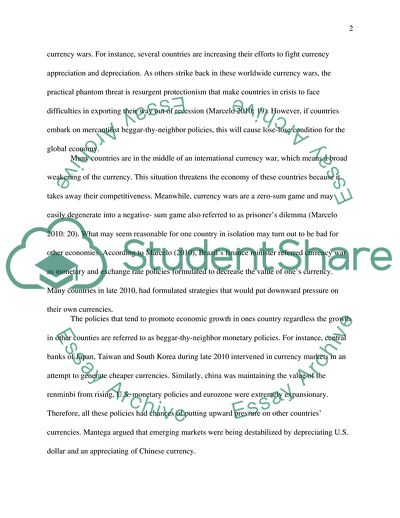Cite this document
(Currency Wars and Protectionism: Managing the Euro Coursework, n.d.)
Currency Wars and Protectionism: Managing the Euro Coursework. https://studentshare.org/macro-microeconomics/1791737-discuss-the-view-that-the-practical-upshot-of-the-recent-protectionist-trend-is-that-countries-in-crisis-will-find-less-space-to-export-their-way-out-of-recession-discuss
Currency Wars and Protectionism: Managing the Euro Coursework. https://studentshare.org/macro-microeconomics/1791737-discuss-the-view-that-the-practical-upshot-of-the-recent-protectionist-trend-is-that-countries-in-crisis-will-find-less-space-to-export-their-way-out-of-recession-discuss
(Currency Wars and Protectionism: Managing the Euro Coursework)
Currency Wars and Protectionism: Managing the Euro Coursework. https://studentshare.org/macro-microeconomics/1791737-discuss-the-view-that-the-practical-upshot-of-the-recent-protectionist-trend-is-that-countries-in-crisis-will-find-less-space-to-export-their-way-out-of-recession-discuss.
Currency Wars and Protectionism: Managing the Euro Coursework. https://studentshare.org/macro-microeconomics/1791737-discuss-the-view-that-the-practical-upshot-of-the-recent-protectionist-trend-is-that-countries-in-crisis-will-find-less-space-to-export-their-way-out-of-recession-discuss.
“Currency Wars and Protectionism: Managing the Euro Coursework”. https://studentshare.org/macro-microeconomics/1791737-discuss-the-view-that-the-practical-upshot-of-the-recent-protectionist-trend-is-that-countries-in-crisis-will-find-less-space-to-export-their-way-out-of-recession-discuss.


